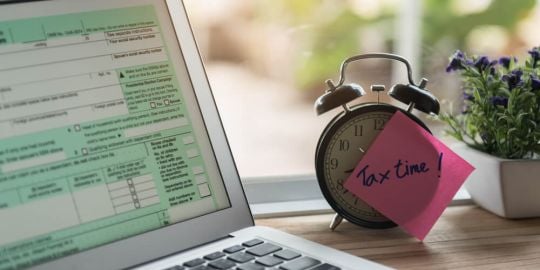We just received news from a former American employee of Blackwater who is preparing to go to Tax Court to challenge the IRS's arbitrary decision to disallow the FEIE as an american who met the physical presence test but, although he did not have a residence in the U.S. are claiming that he had a U.S. abode because he had a bank account, a U.S. driver's license and purchased a house in the U.S. while he was assigned in Iraq.
If he goes to Court the decision will set presedence as to the definition of a U.S. abode for purposes of IRC Section 911(d)(3) in determining if an expatriate has a foreign tax home, which is required for claiming the FEIE. Although the IRS may be starting with civilian employees in Iraq and Afghanistan this can have dire consequences for American expats around the world and their employers. IRC Sec. 911(d)(3) (the abode rule) was added to the Tax Code in 1978 to prevent abuses by Americans who claimed a bonafide residence abroad while spending a significant amount of time in the U.S. with their families (spouses and children), and paid no taxes to a foreign country. Now for the first time in 30 years the IRS is expanding the concept of U.S. abode to include those who qualify under the 330/365 day physical presence test and have even a slight connection to the U.S.
Updates on this case will be reported on the Tax Power website as they develop and are reported to us by this American who is taking this to Tax Court to determine the definition of a U.S. abode, which is not clearly defined in the law, regulations or the IRS or Case Law.
for updates as they develop visit www.tax-power.com.
U.S. Foreign Earned Income Exclusion (FEIE) being challenged by IRS
[Moderated: No free ad please]
Subscribe to this topic

Open a bank account that suits you
Discover the best international banks to manage your money securely.
"








